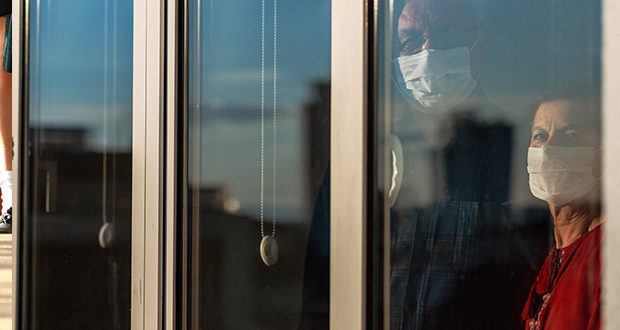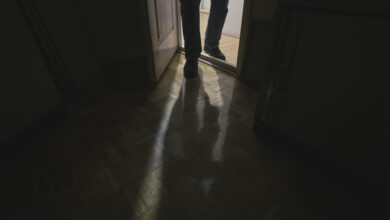Pandemic kept people away from health services – but is it all bad?

COVID-19 has kept people away from the health system, meaning many have missed out on crucial care, but Australian researchers say it’s not all bad news.
Across the globe, there was a 37 per cent reduction in healthcare use across all parts of the system, from February to May this year, compared to the same period in previous years.
The figure came from international research that looked at 81 studies from 20 countries, including Australia. They reported on around 7 million health services, such as scans and operations, compared to roughly 11 million in the same period the year before.
Visits to seek care, such as going to a GP or the emergency department fell by 42 per cent, admissions to hospital dropped 28 per cent, the use of diagnostic tests fell 31 per cent, and the use of treatments dropped by 30 per cent.
An Australian study found a 37 per cent fall in emergency department visits at two hospitals in Victoria during April.
Writing for The Conversation, researchers from Bond University Ray Moynihan and Loai Albarqouni said there are many possible reasons for the trends.
“For example, people may have stayed away from hospitals for fear of contracting COVID-19,” they wrote. “People have also been unable to access some types of health care, as services like elective surgery were suspended.”
People are starting to engage with health services again as before the pandemic, but the researchers said some rates remain significantly lower than previous years. They added that future studies will likely find large increases in services such as telehealth.
Many of the studies in the systematic review found reductions in use were greater for people with milder illness.
“The Australian study found bigger falls among those with the least acute problems,” Moynihan and Albarqouni said. “For example, attendance was lower than expected for people with gastroenteritis and wrist fractures – but there was no change in category 1 triage patients.”
Many people will suffer as a result of having missed out on lifesaving care, the authors said. They pointed to English researchers studying heart attack admissions who spoke of the importance of campaigns to assure people hospitals are safe and how reluctance to call an ambulance when experiencing severe symptoms results in “unnecessary deaths and disability”.
Still, the duo said that experts are also seeing this crisis as a potential opportunity to wind back unnecessary care, and to free up resources for those most in need.
“There’s already a lot of evidence about overuse of medical services and overdiagnosis, also known as low-value care,” they said.
“As health systems continue responding to the pandemic and deal with the urgent backlog of care, addressing this harmful waste becomes even more pressing.”
Email: [email protected]





